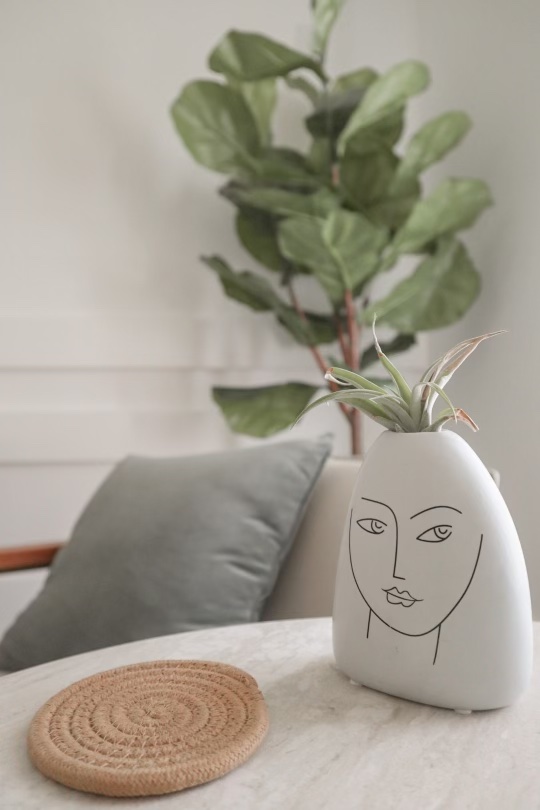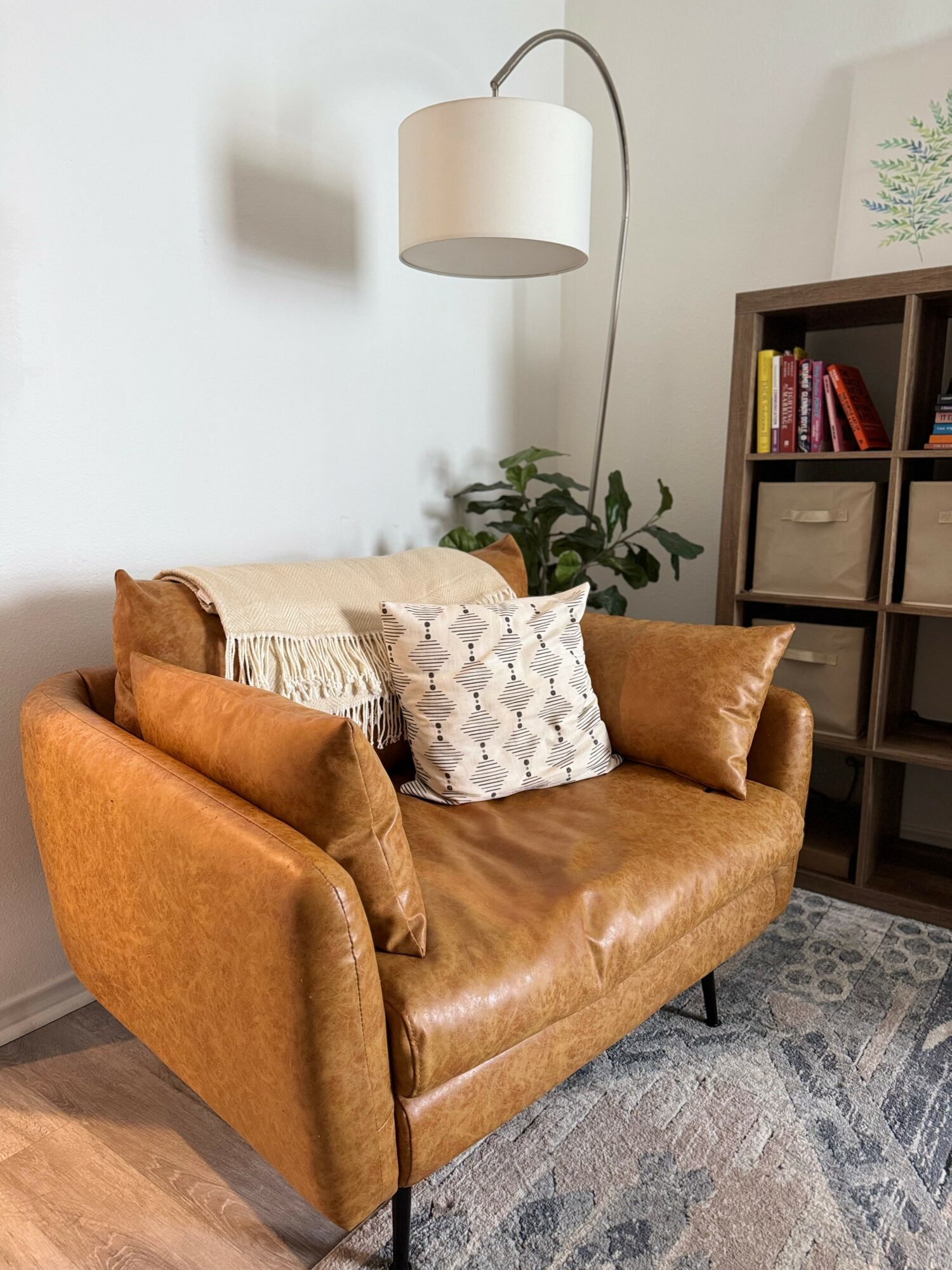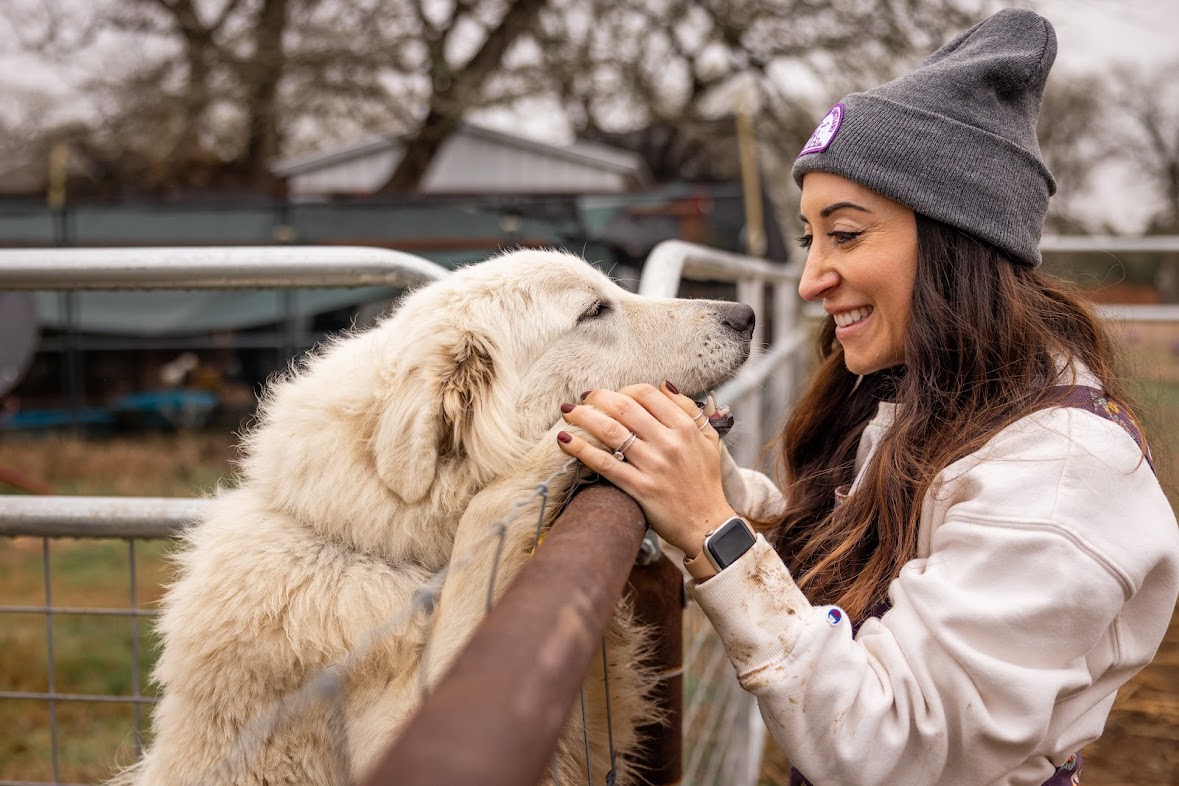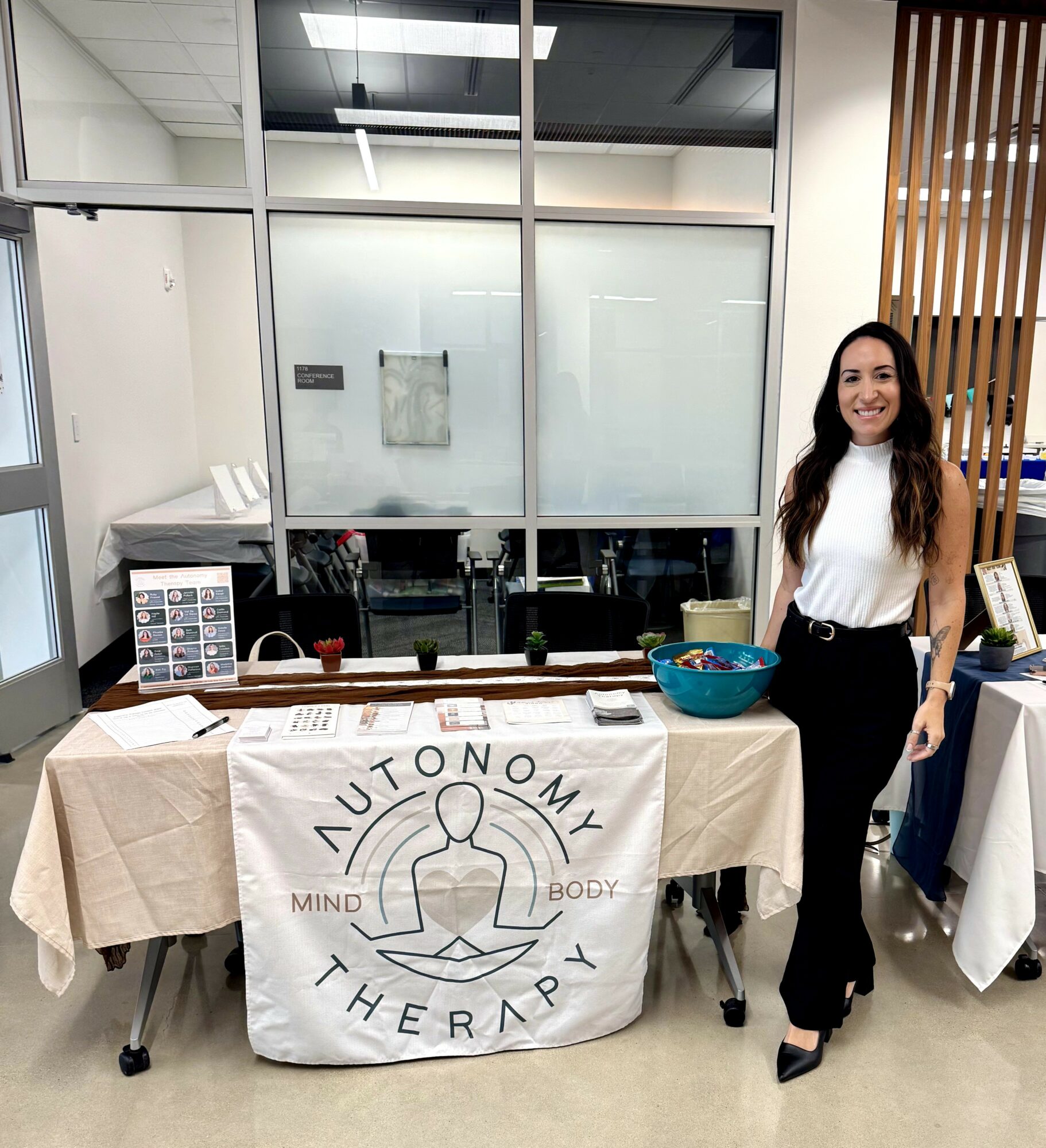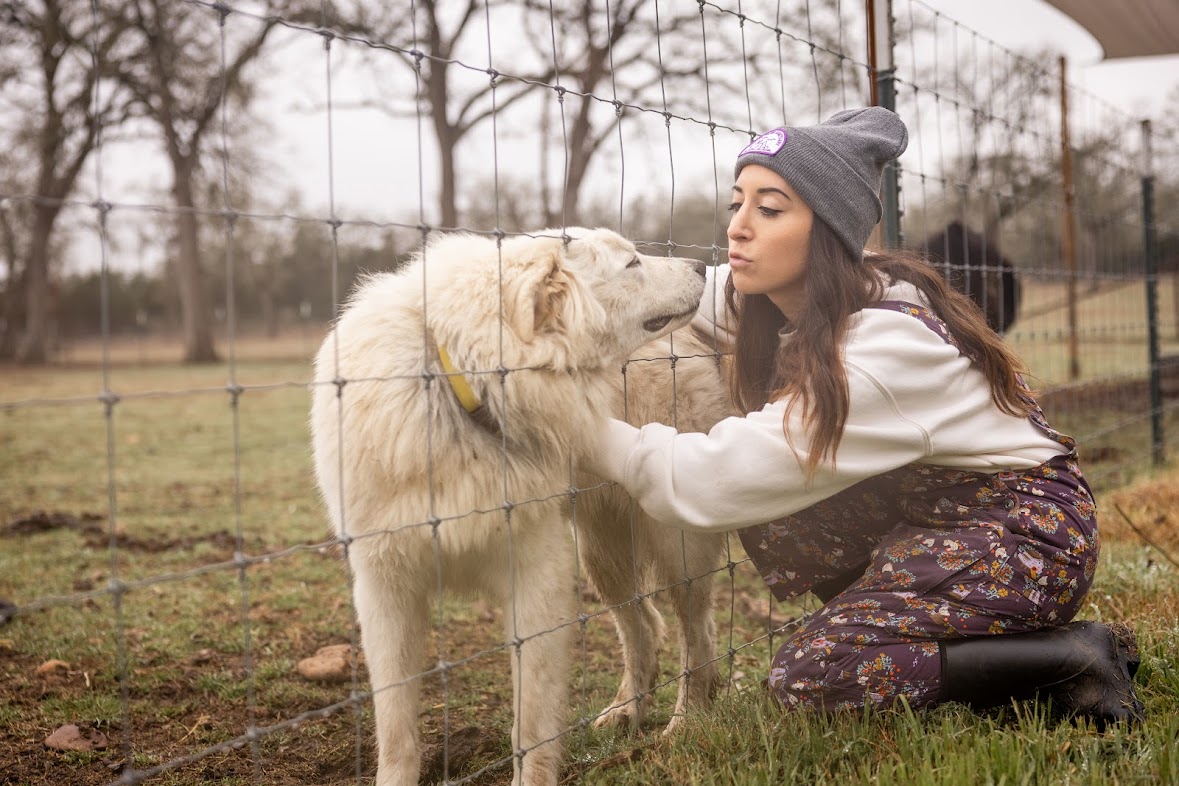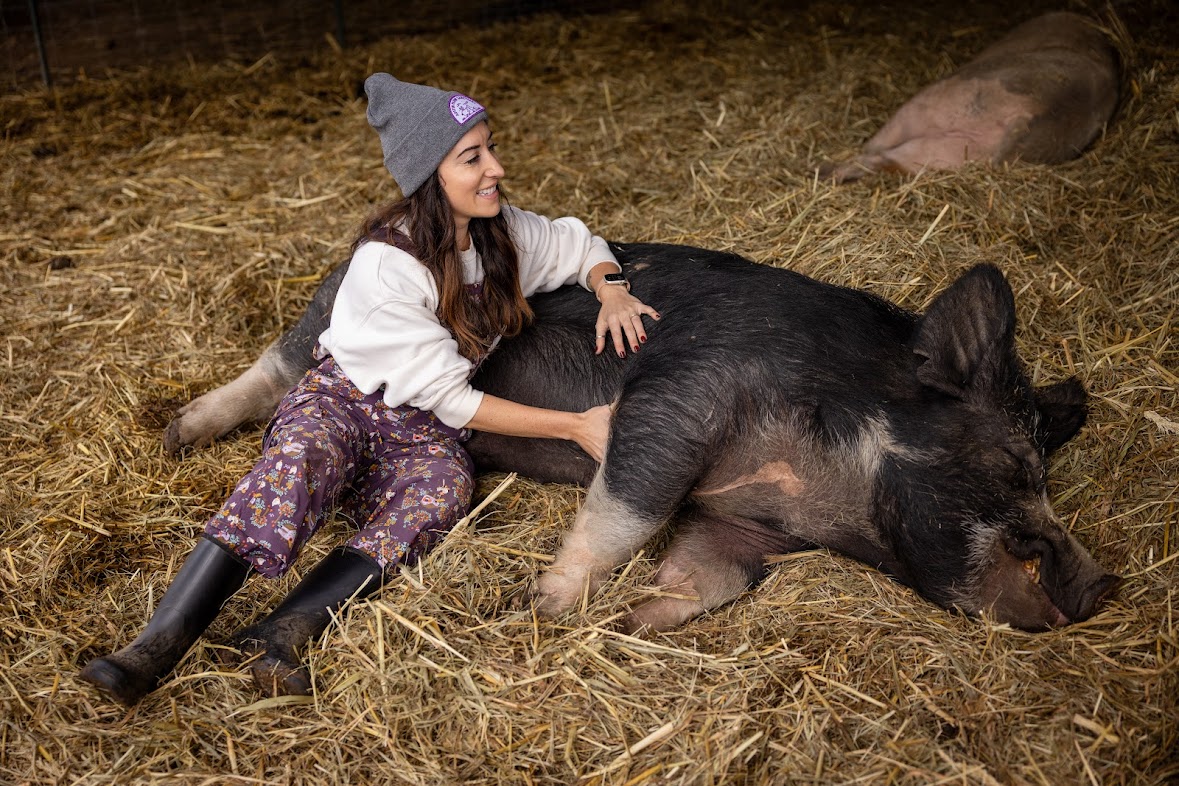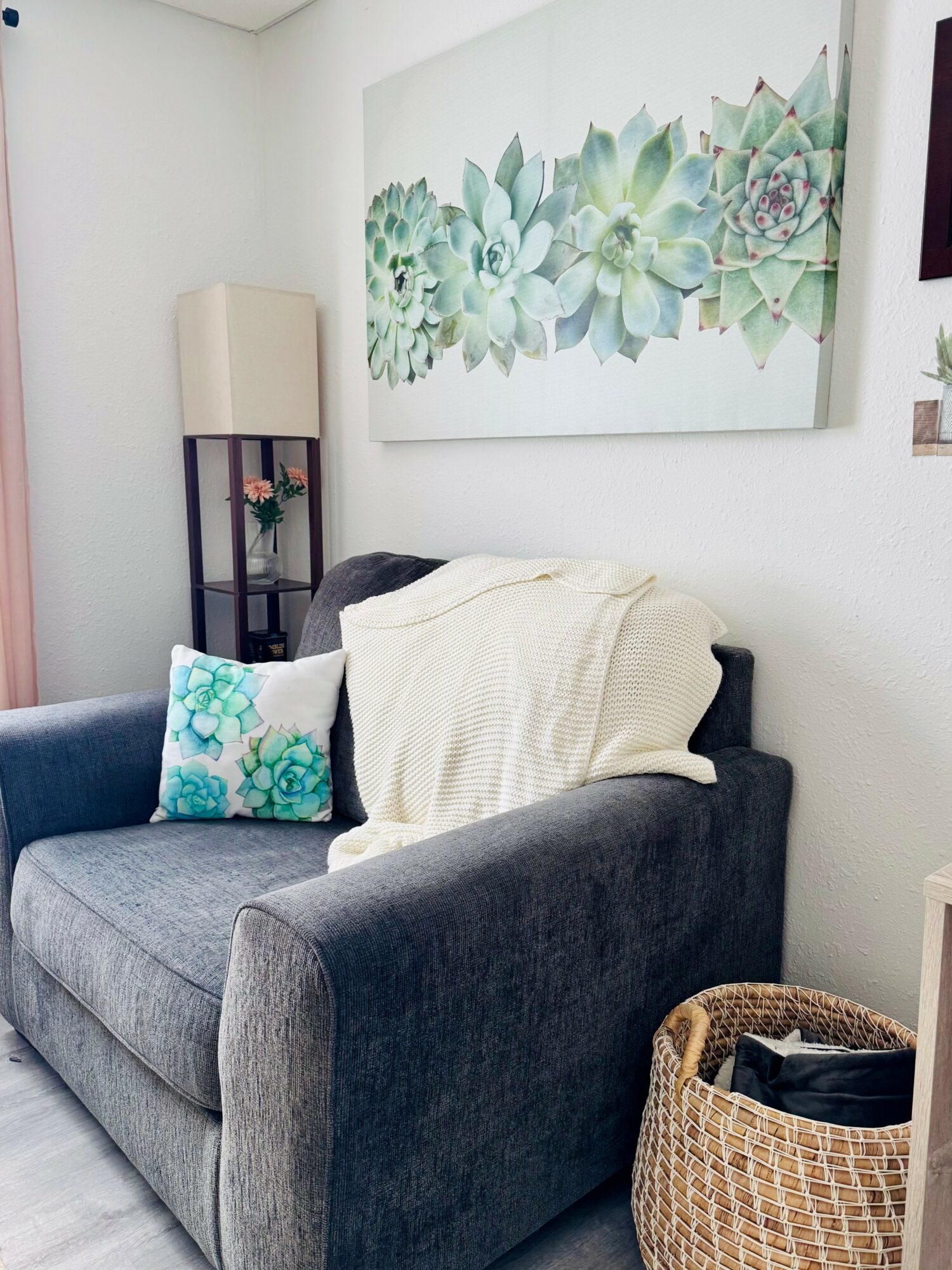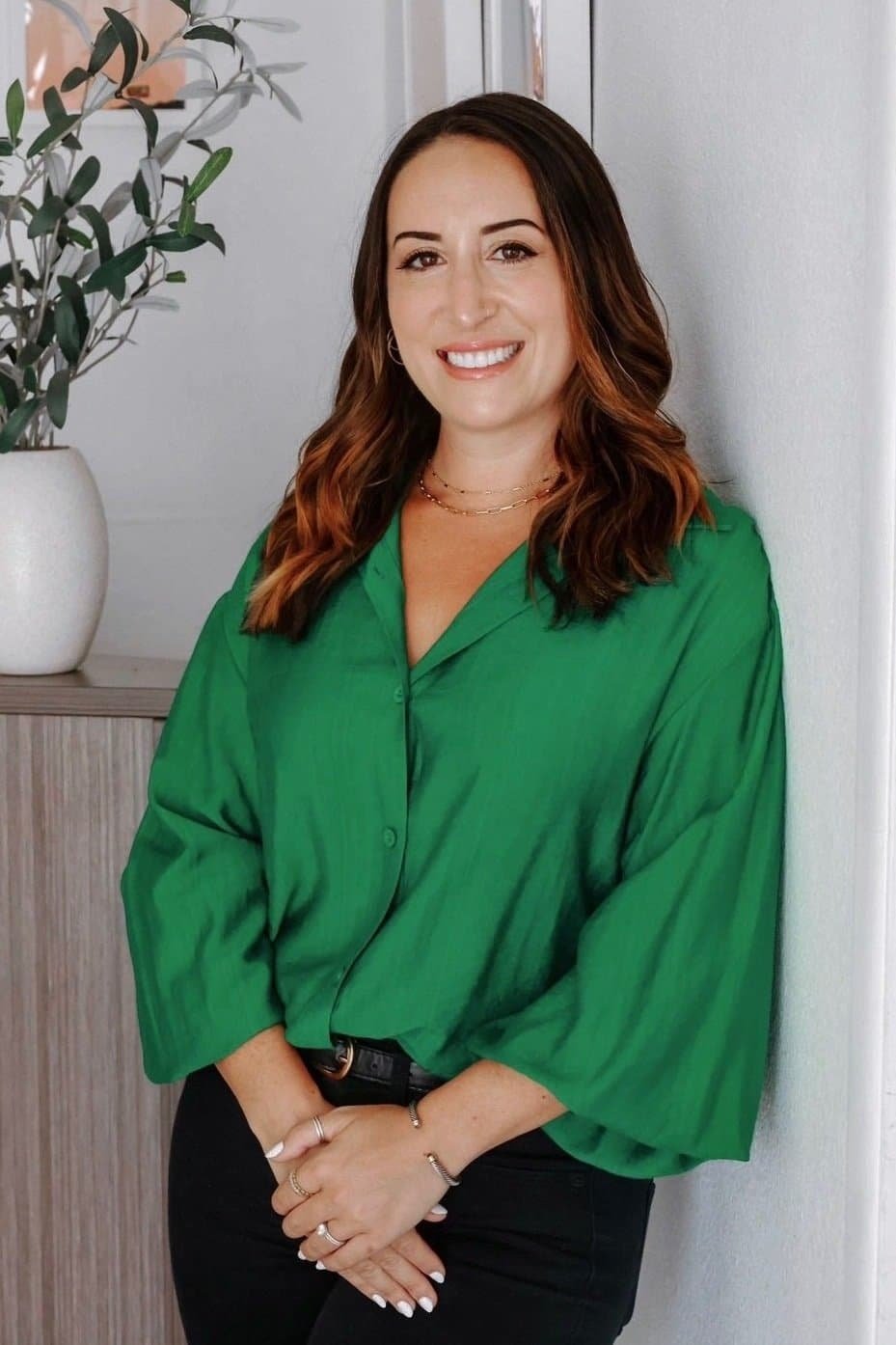

We recently had the chance to connect with Kim Fry and have shared our conversation below.
Kim, a huge thanks to you for investing the time to share your wisdom with those who are seeking it. We think it’s so important for us to share stories with our neighbors, friends and community because knowledge multiples when we share with each other. Let’s jump in: Are you walking a path—or wandering?
I love to wander – both literally and proverbially! I’ve identified that the values of openness, curiosity, and self-trust are incredibly present for me as I move (pun intended) through this chapter of my life. Allowing myself to wander vs stay attached to a specific way of doing something allows me to really lean into and practice aligning with my values.
Can you briefly introduce yourself and share what makes you or your brand unique?
Hi there! I’m Kim Fry, a Licensed Marriage and Family Therapist Supervisor (LMFT-S) and the founder of Autonomy Therapy, a private practice based in Austin, Texas. We specialize in working with eating disorders, body image issues, compulsive exercise, and trauma. My passion is supporting clients, clinicians, and the greater mental health community in learning how to cultivate a resilient mind-body connection, to show up as their most authentic and intentional selves.
At Autonomy Therapy, we have a team of graduate therapists, Associates, and fully licensed clinicians deeply committed to helping clients reconnect with their bodies, loosen the grip of shame, and build relationships with food, movement, and themselves that are rooted in self-trust and compassion. Our work is relational, trauma-informed, and centered on creating space for individuals, couples, and families to feel seen, supported, and empowered.
Outside of the therapy room, I’m a barre instructor and Certified Personal Trainer, cat mom to four fluffy boys, and a volunteer at an animal sanctuary – all things that help me stay grounded and connected to dynamic parts of myself. I’m also passionate about supervising early-career clinicians and supporting them in doing meaningful work in sustainable, values-aligned ways.
Okay, so here’s a deep one: What did you believe about yourself as a child that you no longer believe?
I grew up in a larger family, and like many kids in that dynamic, we each took on a kind of “role” to help us stand out. Mine became the “Sweet One.” I learned that being extra helpful, agreeable, and attuned to others made me more likeable, and I carried that belief for a long time. I came to think my value came from showing up ready to meet everyone else’s needs, often at the expense of my own. Over time, this led to a pattern of self-abandonment, where I ignored my own feelings and needs in order to keep the peace or be “good.” Ironically, this led to me feeling resentful, invalidated, and angry in many interpersonal relationships.
Therapy, especially attachment-focused and NARM-informed work, helped me shift those beliefs (because yes, therapists need therapy too!). I’ve come to understand that I don’t need a role or a set of rules to define who I am. I now trust that I can be warm, compassionate, and empathic and still feel anger. I can set boundaries and still care deeply about the other person. I can be whole, complex, and connected.
These shifts have allowed me to be much more intentional about where my energy goes and how I show up in relationships. I no longer believe that holding a “sweet” identity improves my relationships. Being boundaried has become an act of love, both for myself and for the people in my life. The result? The people around me now get a more honest, connected, and grounded version of me. And that feels really good.
If you could say one kind thing to your younger self, what would it be?
Your reality – your beliefs, thoughts, decisions, feelings – matters. You don’t have to abandon that to be palatable. Learn to be vulnerable in spaces that can validate your experiences (psssst, validating doesn’t mean agreeing).
Next, maybe we can discuss some of your foundational philosophies and views? What’s a belief you used to hold tightly but now think was naive or wrong?
As a therapist, I bristle at the idea of labeling former beliefs “naive or wrong” because that feels judgmental or critical. We don’t know what we don’t know, so I do have an abundance of compassion for myself and others who reflect on previous beliefs and realize we’ve outgrown them.
For me, this was probably a part of me holding onto the belief that I couldn’t truly heal / grow / feel “better” until someone else changed. I was attached to the idea that in order for me to feel empowered in a situation, another person had to also be committed to speaking and engaging in that new way. I would beat my head against a wall (figuratively) trying to get someone else to change and see things my way. I’m now in a space where I realize how limiting and disempowering these beliefs and behaviors actually were. These beliefs weren’t wrong, per say, they were all that I knew.
Now, I get the gift of supporting others in recognizing that they are responsible for getting their own needs met. This can look like removing themselves from situations that cause them more distress than peace, investing in relationships that make it clear their needs are a priority, and leaning into ways that they can align with their personal values – not sacrifice them in the hopes that others will create space for them.
Okay, so before we go, let’s tackle one more area. What will you regret not doing?
I’d probably regret not doing something if I avoided it out of fear or because a part of me believed I couldn’t handle it. I’m big on cultivating self-trust, and so I try to practice detaching from the outcome of a situation and focus more on what I’m learning from trying X thing. The future is unknown, so convincing myself I shouldn’t do something because I “wouldn’t be good enough, would be judged, would fail” is never a good enough reason to not do it. Anxiety grows with avoidance, so each time I face whatever I’m scared of or intimidated by, I show myself I can trust myself to take care of me no matter what the outcome might be.
Contact Info:
- Website: https://www.autonomytherapyatx.com
- Instagram: @autonomytherapyatx
- Linkedin: https://www.linkedin.com/in/kimgfry/
- Other: Instagram: @the_abundant_clinician
